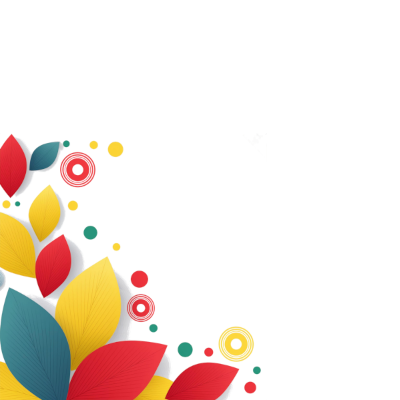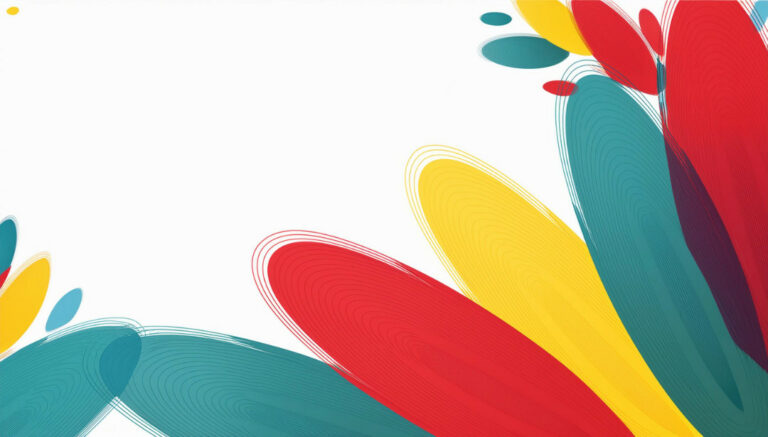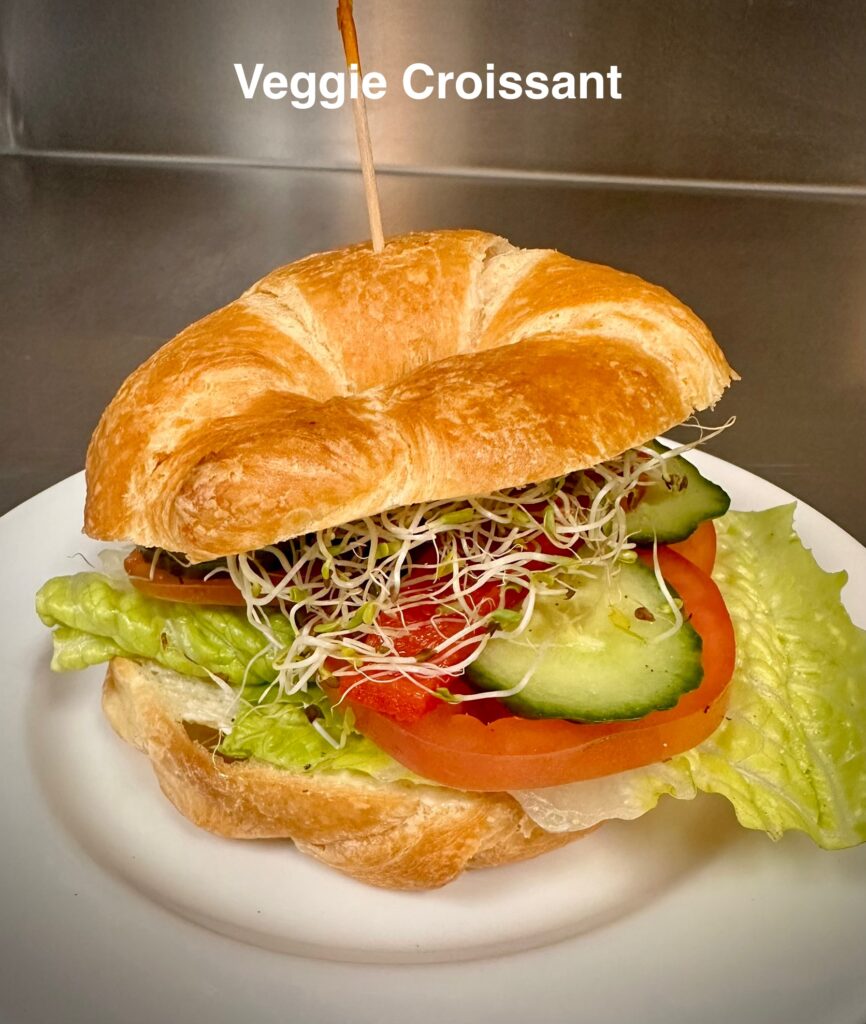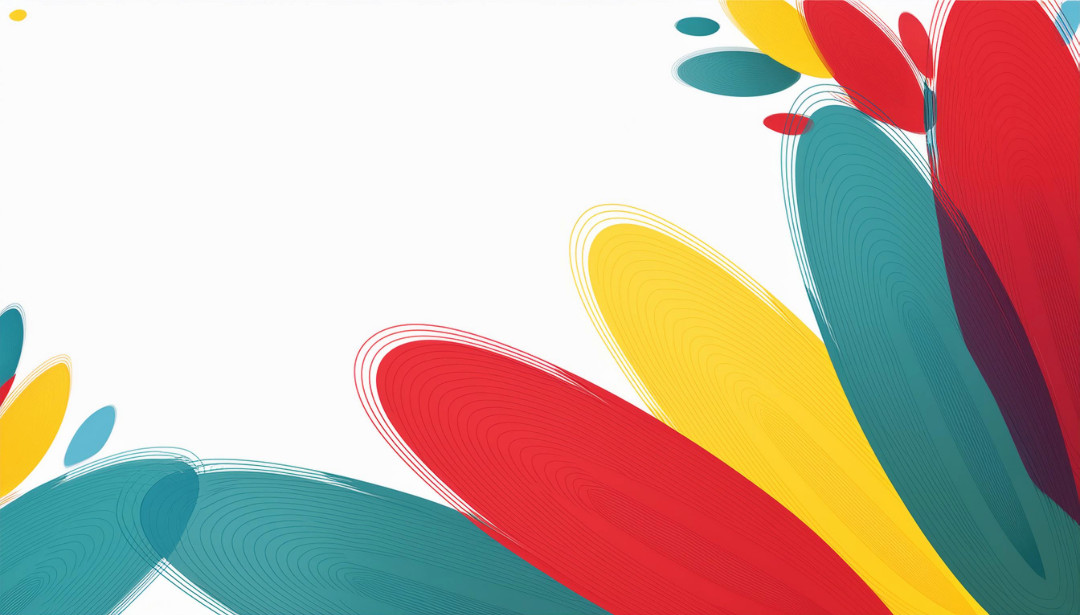Blog
5 Celebrations
I became aware of 5 major celebrations around this time of year. I wanted to share these. Some were new to me.
So in alphabetical order, down the rabbit hole, we go.
Easter:
The springtime celebration of Easter is a Christian tradition marking the day Jesus Christ is said to have come back to life. The day is a celebration of Christianity, but it’s also a celebration of new beginnings and the changing seasons. In 2023, Easter was celebrated on Sunday, April 9.
Holi:
Bright neon powder covers revellers in northern India during the annual Hindu celebration called Holi, held on March 8, 2023. Known as the festival of colours, Holi is celebrated on the last full moon in the lunar month of Phalguna.
This ancient tradition marks the end of winter and honours the triumph of good over evil. Celebrants light bonfires, throw colourful powder called gulal, eat sweets, and dance to traditional folk music.
Nowruz:
Nowruz (pronounced NO-rooz) means “New Day” and marks the beginning of spring. Also known as the Persian New Year, it’s celebrated by millions of people in Iran (formally called Persia) and other countries, especially throughout the Middle East in Central Asia. The holiday fell on March 2, 2023.
Families celebrate Nowruz by cleaning their homes and having a big feast. A table is usually arranged with seven items that start with the letter s in the Persian language, such as sprouts (sabzeh) and dried fruit (senjed). Each symbolizes a principle, such as love or rebirth. Some people also exchange gifts or attend street festivals to ring in the new year.
Passover:
The Jewish holiday of Passover is celebrated for seven or eight days, depending on the branch of Judaism the person practices. Passover is the time to reflect on the Hebrew people’s freedom from slavery in ancient Egypt. The enslaved people were believed to have been led to freedom by a religious leader named Moses. In 2023 Passover began the evening of April 5 and ended the evening of April 13.
Songkran:
Songkran, a celebration marking the Thai New Year, is all about making a fresh start with a splash. The festival in Thailand kicked off on April 13, 2023, and usually lasts three days, though festivals can start early or end later in some cities.
Water plays a significant role in the festival. Symbolically it washes away the previous year so people can get ready for the next one. Many Songkran traditions use water, such as cleaning homes and sprinkling water on Buddha statues and the hands of elders. Outside, Songkran is celebrated with street parties and a giant friendly water fight.
Please give this a bit of a think. We could see these 5 celebrations as being divisive, or we could see the commonality in each. We often approach our relationships with the unfamiliar with hesitancy, preferring the comfort of the known. Looking beyond the difference, we can usually find common ground – and comfort. What relationships have you had that initially seemed too different to find common ground but developed to the mutual benefit of all parties?
I’m curious about your thoughts. Please share your bit of a think below.
My thanks go to Ted Rechtshaffen at TriDelta for bringing the details for this Blog to my attention.
Photo by Jason Leung on Unsplash
If you enjoyed The Blog, please share it with others. Thanks.
And my thanks to St. Albert Seniors Association: 780-459-0433 for making this Blog possible.

Volunteer Blogger











The words “inclusive” and “acceptance” are not just words in the education system today, they are actively practiced.
In 1952 in my school we were mostly fair-haired and light skinned. I remember reading Little Black Sambo before it was pulled from the system. We’ve come a long way in teaching tolerance while respecting diversity. Every morning during announcements 100s of schools across Canada hear Land Acknowledgment of the Indigenous people.
In one of my classrooms there is a mix of Iranian, Korean, Chinese, Russian, Mexican and Indian ( Pakistan) . In another class two new students recently arrived from Ukraine and Nigeria. To say we are inclusive would be an understatement but teaching children to respect each other begins in the home.
Thanks for sharing your experience. What a wide exposure you have to many cultures of the world.